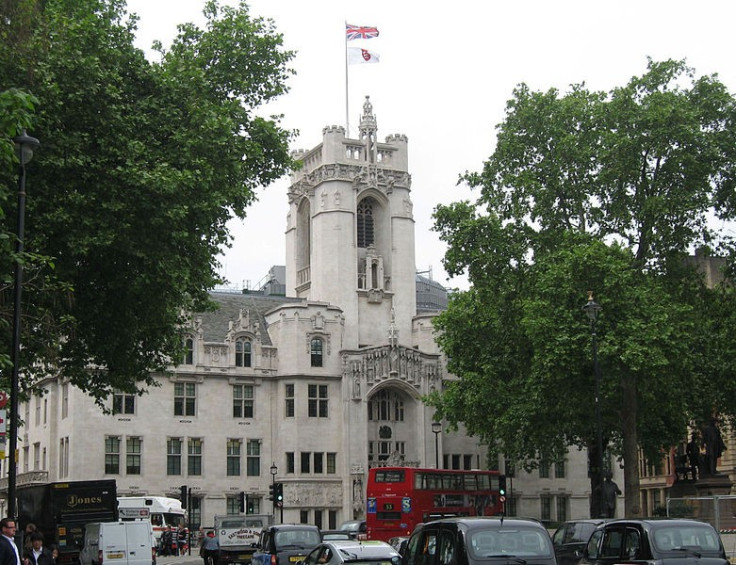Supreme Court Rules Name of Alleged Child Abuse Victim can be Revealed

The Supreme Court has made a landmark ruling in favour of disclosure of information about a woman who had been the victim of sexual abuse.
Mr Justice Peter Jackson ruled that information about the woman, known only as 'X', must be disclosed even though it puts her physical and mental health at risk.
According to the judge, the disclosure is necessary because the alleged offender has a child and the information could be vital to her protection.
In 2009, X told a group of adults that she was sexually abused by a man when she herself was a young child. This information was then passed on to the local children's services authority.
X suffers from physical and psychological health problems and was adamant that no action should be taken as a result of her allegations or that her identity would be revealed.
The alleged offender has his own child, born in 2002. Although he split from the child's mother and returned to his home country, Australia, in 2003, he is legally entitled to see his daughter whenever he visits the UK.
In 2009, social workers investigating X's claim against her alleged abuser told the man's wife not to allow him access to the child on his next visit. When the man challenged this directive, the county court ordered children's services to disclose information about X.
Although the local authority initially refused because X made it clear she did not want to be identified, the alleged offender's denial of the accusations prompted referral of the case to the high court.
suspectede of collusion
To complicate matters further, in 2010 the local authority inadvertantly provided the child's mother with information which allowed her to work out X's identity and contact her. As a result, the child's mother had full details of the allegations made by X against her former husband - while he suspects the two women of collusion.
X does not want to appear in court and doctors said her health would deteriorate if she were forced to give evidence.
"Being summoned to court is one step further than disclosure and would inevitably be immensely stressful and therefore carry the same risk of deterioration in her physical (and mental) health," their report said.
However, the judge said that his disclosure ruling did not inevitably mean X would have to appear in court. Revealing her identity was the only option, he added.
"Put the other way round, X's privacy rights are not a sufficient justification for the grave compromise of the fair trial and family life rights of the parties which non-disclosure would entail," he said.
He said there is no resolution where X's right to privacy is upheld and A (the child) is protected by the law.
"[The local authority] accept that they cannot have it both ways and put all the burden of protecting A upon the mother without giving her the material with which to do so.
"The mother can have no basis for seeking to vary the arrangements for A to have contact with her father unless this is done. If this were an ordinary public interest immunity claim, therefore, there would be no question where the balance of public interest would lie."
© Copyright IBTimes 2024. All rights reserved.























